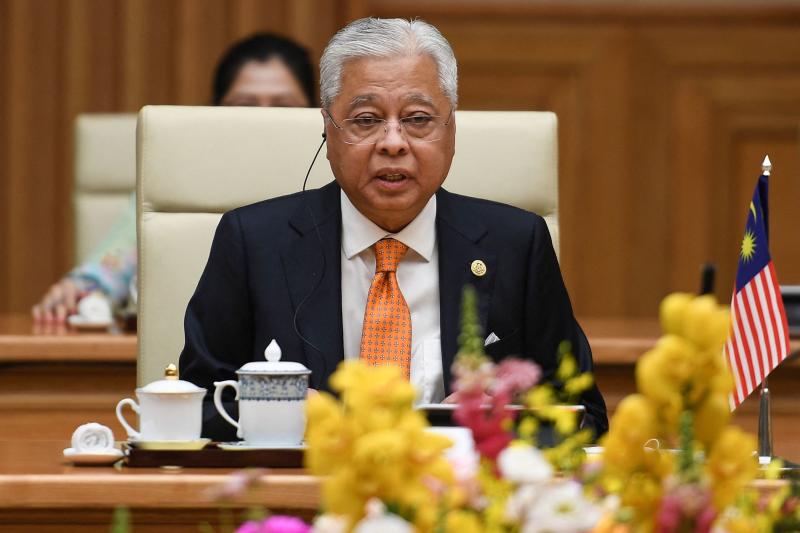
Malaysian Prime Minister Ismail Sabri Yaakob is under pressure from his party to call off a confidence and supply agreement with the opposition, a move that could allow the government to dissolve parliament earlier than planned.
This was after opposition lawmakers rejected a bill that would have enabled the government to renew for another five years its powers to detain suspects without trial for up to 28 days. The bill was defeated by a majority of two votes, with 50 MPs absent, according to the Parliament Speaker on Wednesday.
The defeat was “humiliating” and violated the so-called Memorandum of Understanding on Transformation and Political Stability inked between the government and opposition alliance Pakatan Harapan last year, according to leaders of ruling party the United Malays National Organisation.
“The spirit and purpose of the MoU was clear, for a stable and harmonious administration and to support the PM as he manages the country’s recovery,” said Multimedia and Communications Minister Annuar Musa, an UMNO leader. “To me, Pakatan Harapan, particularly DAP, must accept the fact that the PM is no longer tied to this MoU.”
The Prime Minister’s Office did not immediately respond to a request for comment.
At stake is Malaysia’s next general election, which is expected to happen this year owing to pressure from UMNO. Ismail on Saturday said he would dissolve parliament -- a precursor to a nationwide vote -- once he was confident of his party’s victory. Still, the pact with the opposition prevents him from making the move before July 31 this year.
The opposition have maintained that their rejection of the bill has no bearing on their agreement with the government. The MoU states that Pakatan Harapan would only either support or abstain on voting from bills that served as de facto confident votes, and Wednesday’s bill did not fall under that category.
“UMNO-BN must immediately exit the shackles of this weak cooperation,” UMNO President Ahmad Zahid Hamidi wrote on Facebook Thursday. “All of this only strengthens my belief that UMNO must rise up and return as a strong, big and respected political power.”
Still, it’s in Ismail’s best interests to extend the pact and delay the nationwide vote so that he can remain in power for as long as possible, said Oh Ei Sun, Senior Fellow at Singapore Institute of International Affairs. The election is only due in July 2023, and there has been no guarantee from UMNO that Ismail would continue to be their prime minister candidate.
“But if the opposition says ‘no, we don’t want to continue with the MoU’, and UMNO’s mainstream faction pulls the rug from beneath his feet, then Ismail would have no choice but to call for a general election,” Oh said.







